Property Geek
We provide the actual and accurate information with unbiased user driven reviews to our viewers, to help them see the best and find the best!
View posts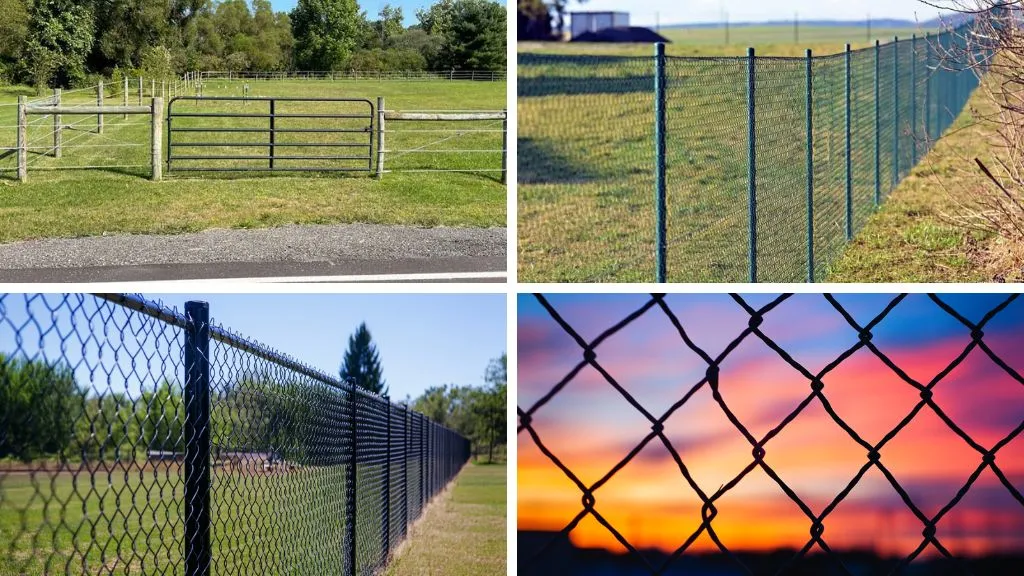
Wire fences are versatile and durable solutions for securing properties, demarcating boundaries, and enhancing safety. They come in various types, each designed to serve specific purposes, from residential and agricultural applications to industrial and high-security uses.
Choosing the right wire fence depends on factors like durability, appearance, and level of protection required. In this article, we’ll explore the different types of wire fences, their unique features, and the scenarios they are best suited for, helping you make an informed choice for your fencing needs.
These are 12 different types of wire fences which one can use in the landscape design of their house:
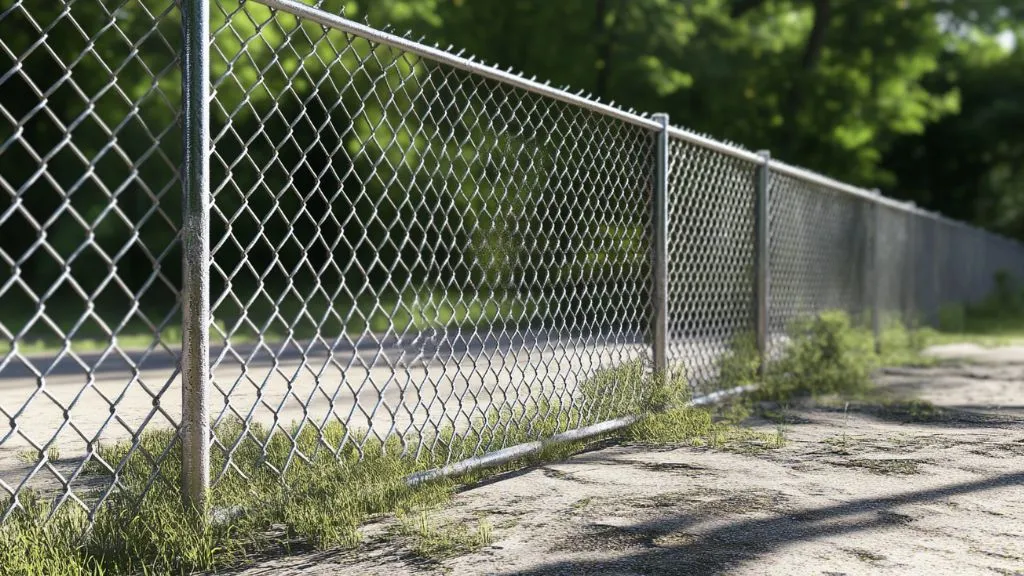
Chain link fencing happens to be one of the most widespread and adaptable forms of wire fencing. It consists of galvanised or coated steel woven in a diamond pattern. Chain link is sturdy and inexpensive and demands little attention which makes it suitable for homes, industries and sports facilities alike.
Best for – Residential Property
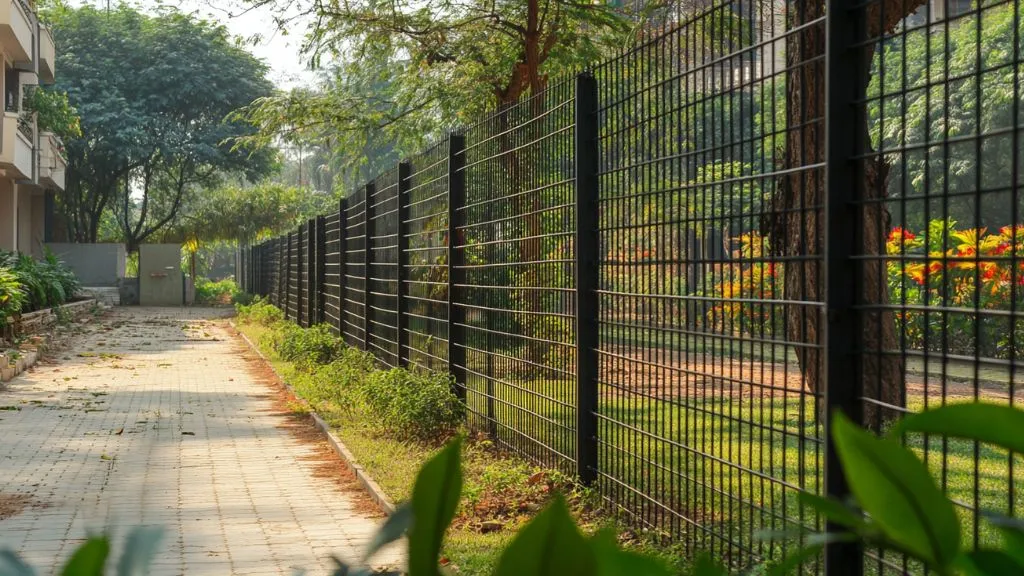
Welded wire fence idea is the finest and is made of welded wire mesh fitted in rigid frames which do not sag. This type of fencing is frequently found in houses and business centres for purposes of security, gardening or keeping animals in. Welded wire structure enclosing mesh panels also are available in wide ranges of gauges and sizes of mesh.
Best for – Residential Property, Industrial Sites and Schools
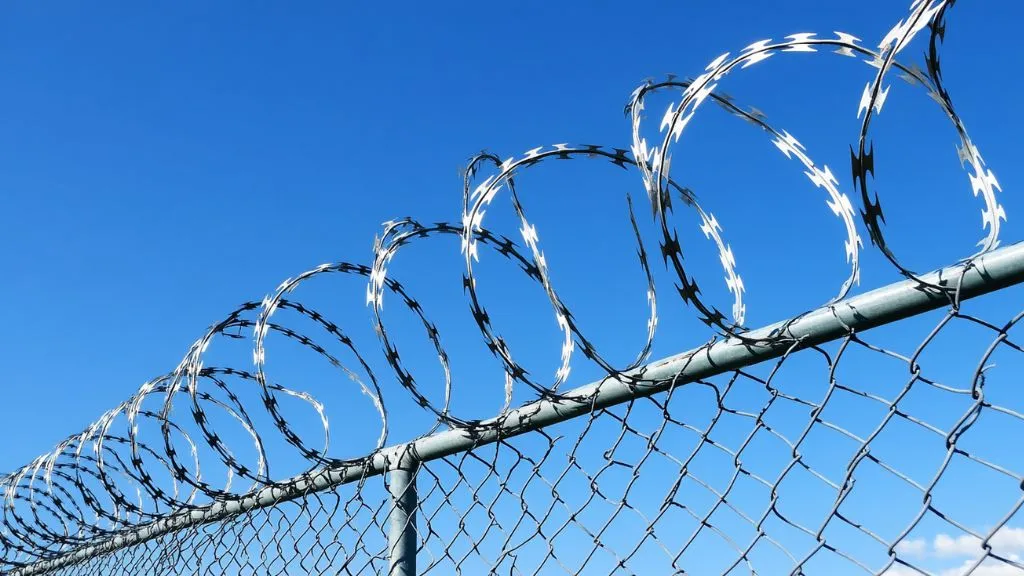
Barbed wire fencing is made up of several twisted wire strands that have sharp edges at equal distances providing maximum security to any civil or commercial space. The barbed wire helps in protecting large stretches of agricultural land or industrial areas making it impossible for trespassers or animals to breach.
Best for – Agricultural land
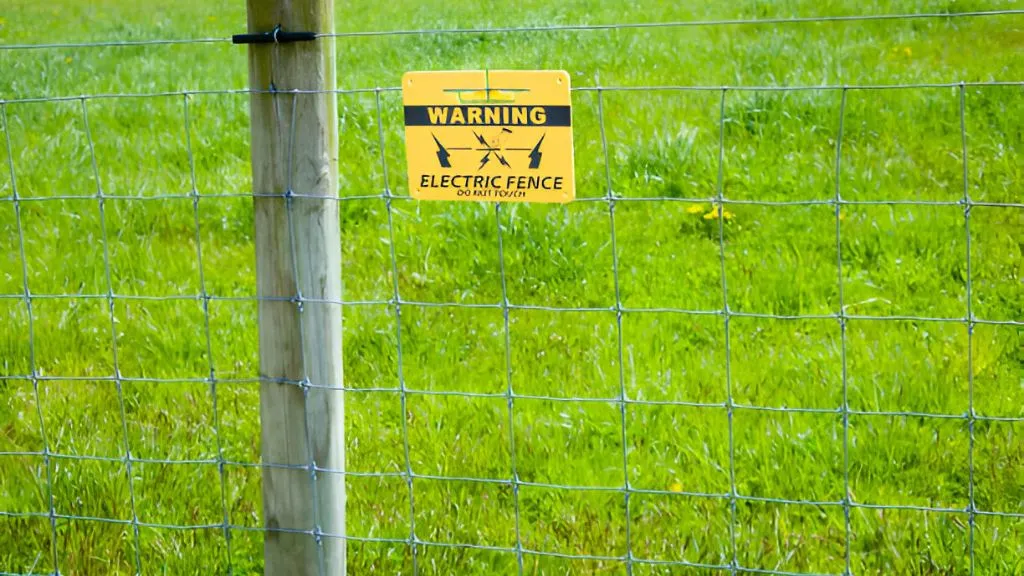
An electric fence consists of a live wire which sings a mild electric shock deterring animals and intruders. These fences are mostly found in farms as farm fence wire and Ranches, to prevent the movement of livestock from their specified area, without causing any physical harm to them.
Best for – Poultry farms
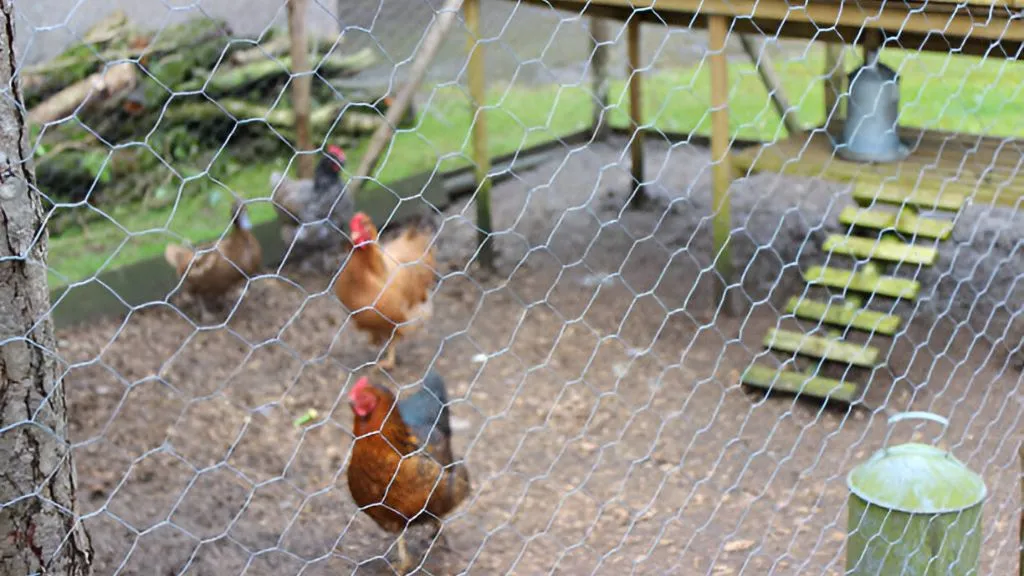
Light-weight wire fences known as chicken wire or poultry net are made of thin and pliable galvanised steel wire fences. They are widely used in gardens to prevent small cats and dogs from entering or in the construction of chicken coops. Chicken wire is a cheap and low maintenance material, however, it lacks strength.
Best for – Poultry farms
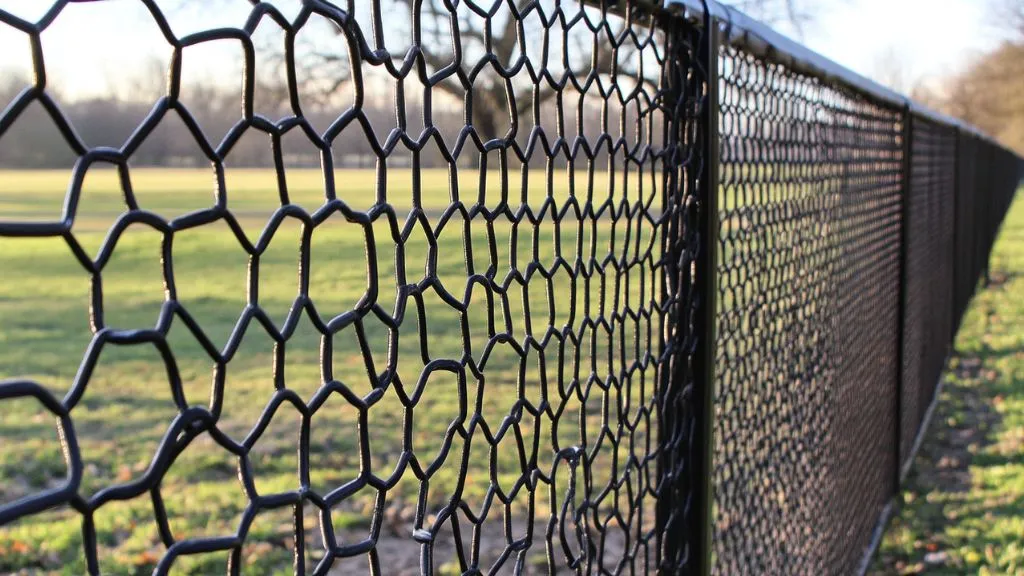
Hexagonal wire mesh, alternatively hex net, is almost like wire fencing however, it can be applied in many areas due to its malleability and strength. It can be used effectively in areas such as gardens, aviaries and plastering or concreting sites to hold the plaster or concrete.
Best for – Poultry farms, Cold storage & air conditioning plants and construction business

Field, or woven wire fences, consist of a denser weave at the bottom and a looser one at the upper section. These types of fencing in India are mostly found in farms and ranches to keep animals such as cows, goats, and horses inside. The construction of the field fence restricts the movement of the animals but enables their owner to see through the fence.
Best for – Agricultural land
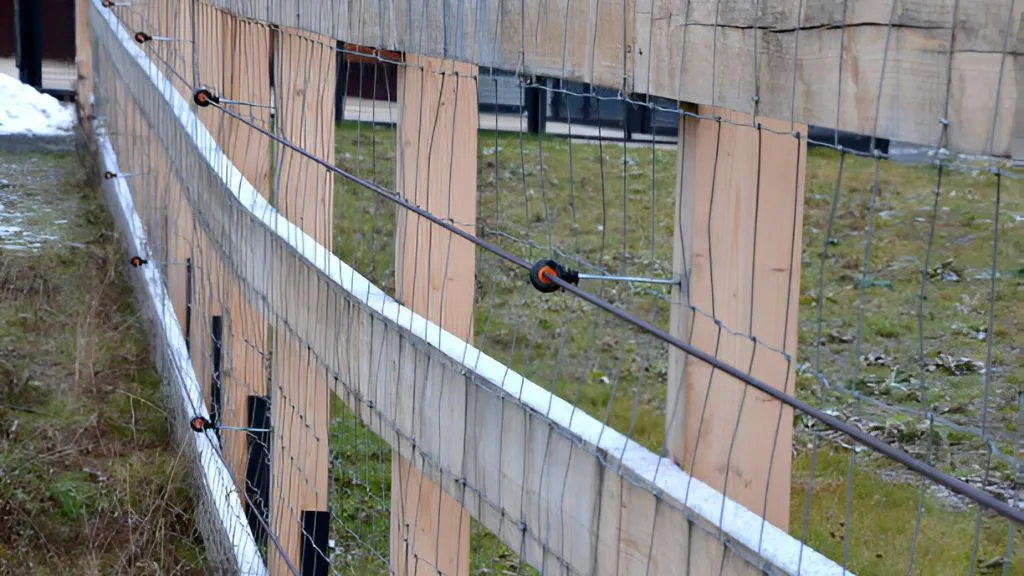
Fencing which is of high tensile strength has been known to have greater sturdiness and durability hence is mainly for agriculture purposes. This is a type of fencing system which is made of thin, high tensile steel wire and it does not sag thus is suitable for fencing very long areas. For greater control of the animals, high tensile wire fences are also usually fitted with electricity.
Best for – Properties and poultry farms
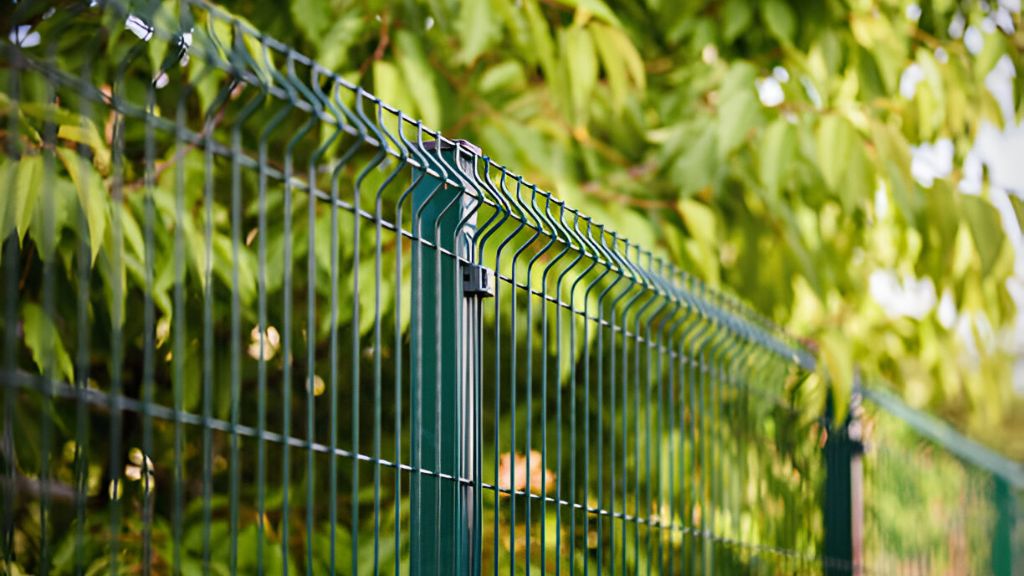
A vinyl-coated wire fence is a standard galvanised wire fence which is embedded in a protective layer of vinyl coating enhancing its ability to withstand rust and corrosion. Vinyl fencing is favoured in both the domestic as well as the commercial setting because of its attractive and long-lasting features available in colour options such as black and green.
Best for – Business properties and residential properties
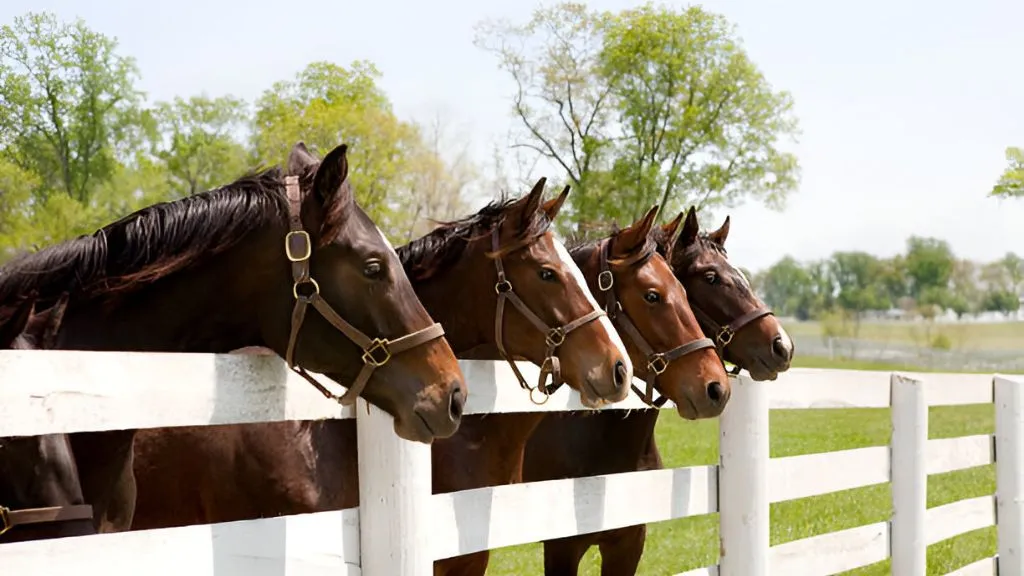
Horse fencing serves a distinct purpose in horse welfare in as much as it has a smooth contact surface that will not injure the horses if they bump into it. As for the horse fences, they can be made of woven wire, electric wire, or sometimes of both, for sturdiness and versatility.
Best for – Horses and livestock
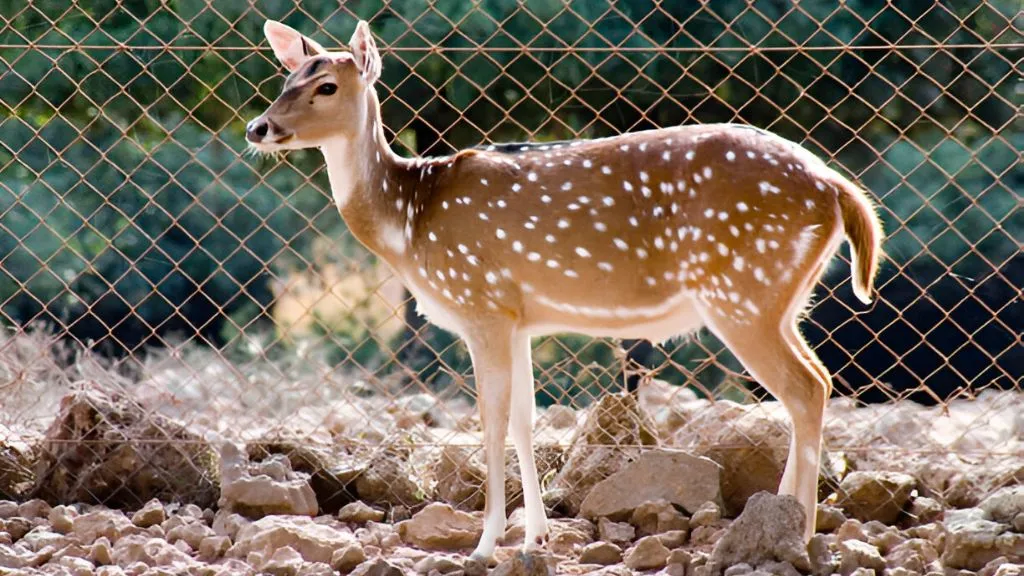
As the name implies, rabbit and deer fencing is created to restrict these animals from entering gardens and crops. It is a strong, fine mesh that more or less prohibits any form of animal from trying to squeeze through and damaging the crops or landscaping.
Best for – Rabbits and Deers
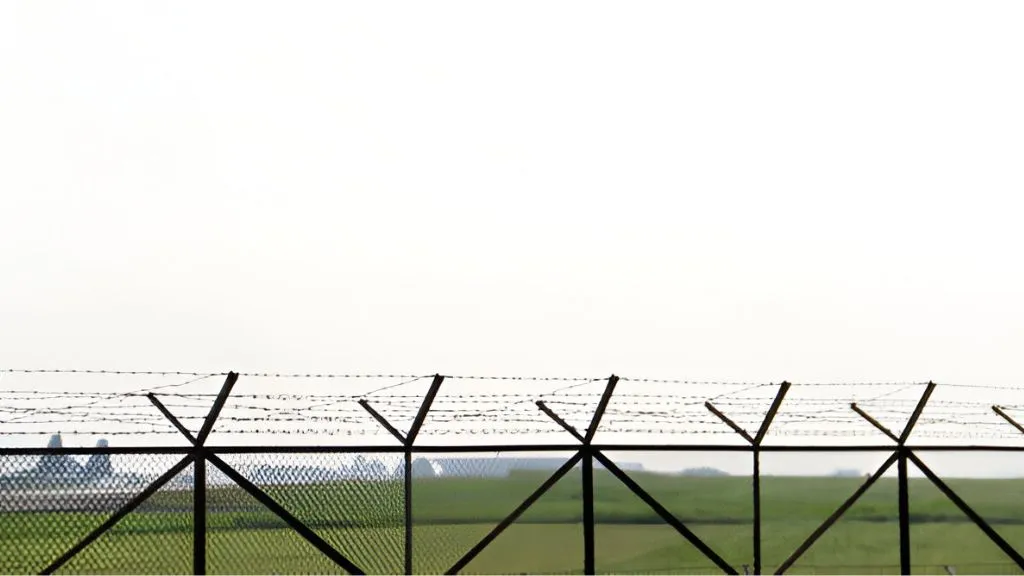
Concertina wire, or razor wire, is a usual fencing that is fitted with sharp and rough edges to create high levels of security. It is commonly seen in the military, such industries and areas with high levels of security. Barring concertina wire fencing has been built and where there are penetrations of it, it is very hard to penetrate and to the naked eye it is a strong deterrent.
Best for – Hugh security, defence, solar fencing and agricultural land
When it comes to securing their land, property owners have several options which include wire fences. You can choose a wire fence which best fits your needs and taste as there are different types, styles, and materials.
Due to the varied types of wire fences which include attacking concertina wire, aesthetically appealing and animal friendly high tensile and field fence, knowing what type of wire fence that exists will assist you to provide protection as well as beautify the area.